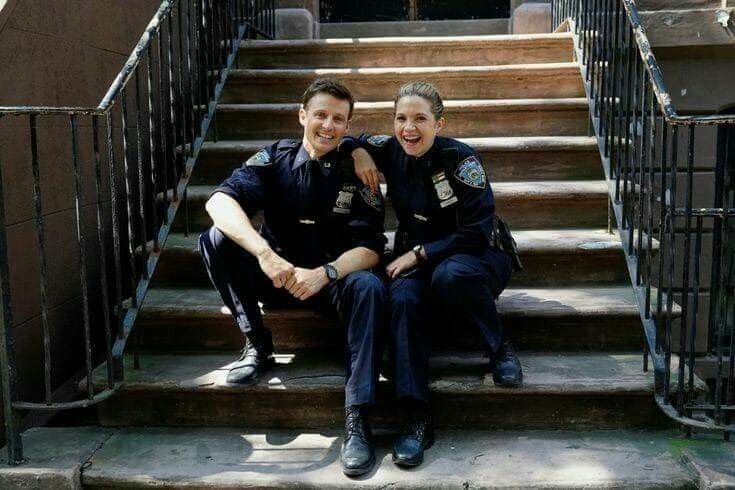I’ll admit up front: part of my disappointment with Boston Blue Season 1 Episode 5 comes from my own expectations. I genuinely thought an interracial family of cops would tackle the complexities of a police-involved shooting. Instead, the episode pivoted toward yet another storyline about a 16-year-old turning a public space into a war zone. It wasn’t the direction I anticipated, and not necessarily the one the show needed.
I try not to compare Boston Blue too closely to Blue Bloods. The spin-off deserves the chance to find its own voice rather than living in the shadow of its predecessor. Still, one of the great strengths of Blue Bloods was its ability to present all sides of an issue through the perspectives of different characters, leaving room for the audience to form their own conclusions. That kind of narrative balance is increasingly rare in today’s hyper-politicized climate, where too many shows simply use characters as vessels for the writers’ opinions.
To its credit, Boston Blue genuinely tried to approach the question of accountability in a teenage shooting spree with nuance. And for the most part, it succeeded. The Silvers, especially, offered a compelling internal debate: Sarah was adamant that the parents bore responsibility for their son’s decision to bring a gun into a yogurt shop and start shooting.
It’s an incredibly difficult topic, and I have my own thoughts on it  which I’ll unpack shortly. But first, it’s worth noting that while the show worked hard to present multiple viewpoints, it stumbled by making Sarah so unshakably convinced that no parent could possibly be unaware of their child’s violent intentions. That absolutism undercut some of the complexity the episode was trying to build.
which I’ll unpack shortly. But first, it’s worth noting that while the show worked hard to present multiple viewpoints, it stumbled by making Sarah so unshakably convinced that no parent could possibly be unaware of their child’s violent intentions. That absolutism undercut some of the complexity the episode was trying to build.
At its best, TV provides a lens into the world. At its worst, it distorts that world into something unrecognizable. When something feels off, viewers notice and they call it out.
One missing voice in this debate was Danny Reagan. Given his Blue Bloods background, he should have had far more to say. In the later seasons of the original series, Frank often lamented the decline of family dinners and expressed gratitude that the Reagans still made the tradition a priority. Danny was raised to believe that family time isn’t just valuable it’s essential. With that in mind, his perspective could have added real depth to the argument that parents may truly have no idea what’s going on in their kids’ minds anymore.
It was a nice touch that he referenced Linda’s reluctance to let their sons handle guns a small but meaningful callback to Blue Bloods Season 4 Episode 2. But Danny’s grounding in strong family values should have made him a central voice in explaining why oblivious parents aren’t necessarily negligent ones. That viewpoint would have strengthened the debate and reinforced the thematic heart that Boston Blue is trying to build.
Then there’s the medication angle. There simply is no such thing as a drug that prevents people from being violent on TV or in real life. The idea wasn’t convincing in Days of Our Lives when they used it to redeem serial killer Ben Weston, and it’s even less credible in a grounded police procedural. It’s also legally and ethically misleading. Parents have no obligation to disclose their child’s medication unless the school must administer it, nor is merely owning a firearm negligent when the weapon is secured and proper safety procedures have been taught.
There’s no law barring gun ownership simply because a teenager in the house takes antipsychotic medication, and most legal standards around parental responsibility focus on whether the parents gave the child access to a gun not whether they owned one responsibly.
In the end, Boston Blue raised important questions, tried to show multiple sides, and almost stuck the landing. But the episode’s surprising direction and its occasional lapses in logic made the core debate feel less balanced and less impactful than it could have been.